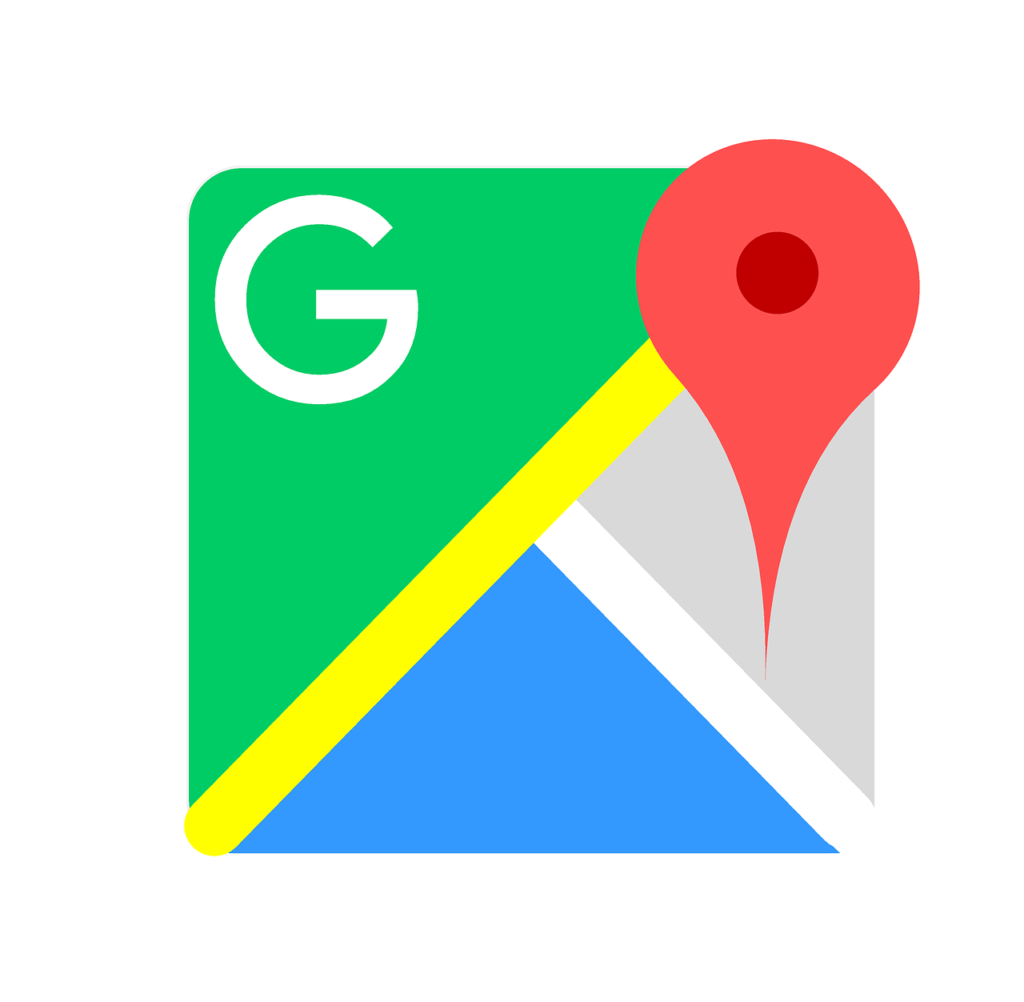
Have you heard of Google Map Spam? This could have a two-pronged approach. First, SEO companies are creating fake listings and business names tagged with a bunch of keywords as the title, says Search Engine Land. They do this for many reasons, mainly because it works. Take a look at the Search Engine Land source and you’ll see an example of how fake listings can populate a map when really there are no such businesses there at all. You’ll notice a lot of spam and keyword stuffing, and it will take a long time to clean up.
The second prong to map spam is that Google is trying to use photos at street level to detect and eliminate these closed businesses and get them off Google Maps once and for all. Some of those businesses may have been real at one time and now have closed their doors, but most of the spam consists of fake listings that never existed in the first place.
The very purpose of Google Maps and Street View is that they can bring your business to life with high-quality 360-degree, interactive tours where your customers can walk around, explore, and interact with your business, says Biztography. Best of all, it’s free to use with no ongoing costs. It also helps you show up in Google searches, Google Maps, and Google+ Local. You can also use those panoramic photos on your social media pages to expand your reach even further. Many businesses like yours have benefited and still do from Google Maps but with all the spam out there, it’s getting harder and harder to stand out legitimately. Your Local SEO efforts will all be for naught if you don’t do something about it.
How This Affects You
So how does this affect your home care SEO efforts? Well, people could be searching for home care businesses in your area and fake listings could be popping up, pushing aside valid businesses so that they aren’t even noticed. The searcher may have the patience to keep going through them until they figure out what’s real and what’s fake but many times they’ll just give up. You can report these fake listings to Google and they will re-center the listings according to the strongest signals. The removal requests must be approved first so this can take time. Sometimes the listings are real businesses but they stuff their business name with keywords, which is also against the rules. Very few, research shows, adhere to Google My Business guidelines.
So what can you do? First be diligent and aware about any contacts you get about Google My Business. Remember, Google does not charge for you to be included in Google Maps. Be on the lookout for invoices that come across your desk. If no one in your home care business recalls the service, research it before you pay it. Make sure you have added or claimed your home care business correctly on Google My Business. Learn the guidelines here.
Next, research and report any listings in your town that you believe to be fake, inaccurate or no longer in business. Taking the time to do this will only help you in the end because there will be fewer listings and a better chance of you being seen. Google Maps spam remains a threat to local businesses that want to be found online because these spammers aren’t bound by any official sanctions by Google and are thriving in the Local Search arena. Fake businesses are ranked with ease because it works and it’s easy. As a legitimate local business, this can be very frustrating for you, as you realize you have to rise above not only real competition but fake competition as well.
Some Tips
A few things to keep in mind:
- Know your market
- Know your competitors
- Be aware of threats to your success
- Work on your strengths
- Strive to reach your target customers
It’s time to fight back and regain your status in local rankings.
The news isn’t all bad though. Google recently released data detailing its strategy to keep fake listings off Google Maps. In fact, they claim to have reduced such listings by 70% from an all-time high in June 2015, says Search Engine Journal. Google has been doing its part to prevent abuse within Google My Business, with effects that include Google Maps and Search as well. Some of the ways they are doing this include:
- Prohibiting bulk registrations
- Preventing businesses from relocating a long way from their original address without more extensive verification
- Detecting and ignoring blatant attempts to confuse Google’s algorithms, including keyword stuffing in address fields
- Adopting anti-spam systems that detect data discrepancies
Contact A Servant’s Heart Web Design and Marketing
Need help with refining your Google My Business listings? Want to sharpen your SEO approach? We can help when you call us at (760) 227-2720. Here at A Servant’s Heart Web Design and Marketing, our specialty is SEO, so we are trained to stay up to date on the latest applications, methods, and strategies to deliver a more effective online marketing strategy.


